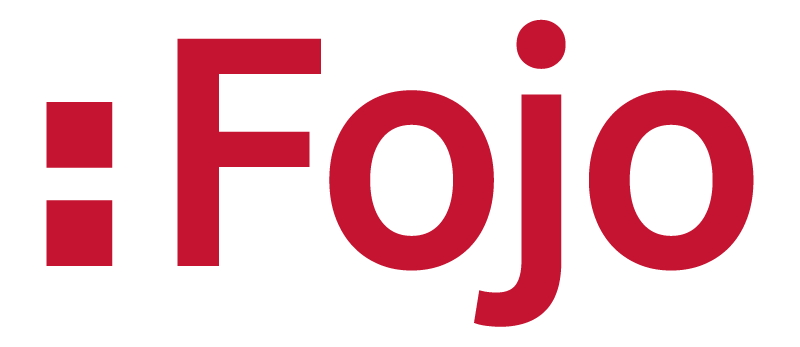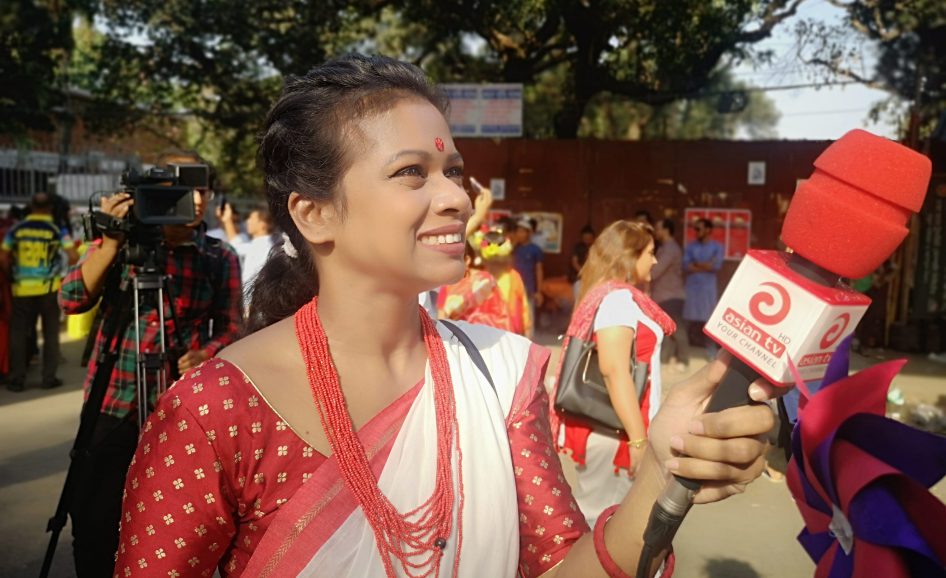Why gender equality is relevant for news media, and how women journalists could be encouraged to stay on in the sector were critical aspects discussed at the Bangladesh Gender Equality seminar organised on 17 April 2023 in Dhaka, Bangladesh. The event was hosted by MRDI, a media development actor in Bangladesh, and Fojo Media Institute.
”One hundred years ago, newspapers were published by women editors in our country. But now girls are going to different sectors, doing top jobs but not in the media. It’s the problem of journalism that women come up short here”, says Professor Gitiara Nasreen, who has been active in the field of journalism since 1987. As gender equality supports high-quality journalism, better business prospects for the media sector and contributes to democratic developments by including all groups of society, it is concerning that gender equality in Bangladeshi media has been facing a downturn over the past century.
Journalist Quarratul-Ain-Tahmina also exemplified this downturn in her presentation of the results from an extensive media monitoring done as a part of her study Women and Hijaras in the Bangladeshi News Media. Results show that media coverage of gender-related issues is very low in Bangladesh; for example, gender-based domestic violence by partner had zero coverage in news media. Merely 10% of the working journalists in Bangladesh are women – with many of the women working as news anchors rather than as investigative reporters or in management positions.
Regarding how gender equality could be implemented in the news media, Sajjad Sharif, executive editor of Prothom Alo daily, a ”significant problem is that most media outlets do not have policies on gender issues.” Sajjad’s observation feeds into the purpose of the event held on 17 April, as the first in a series of meetings to support the creation of a common gender charter to be signed by media houses in Bangladesh.
Training on gender equality, women’s leadership, and creating a self-regulatory framework for media outlets were additional suggestions discussed on what media houses, civil society, and legal bodies can do to promote gender equality in the Bangladeshi media.



